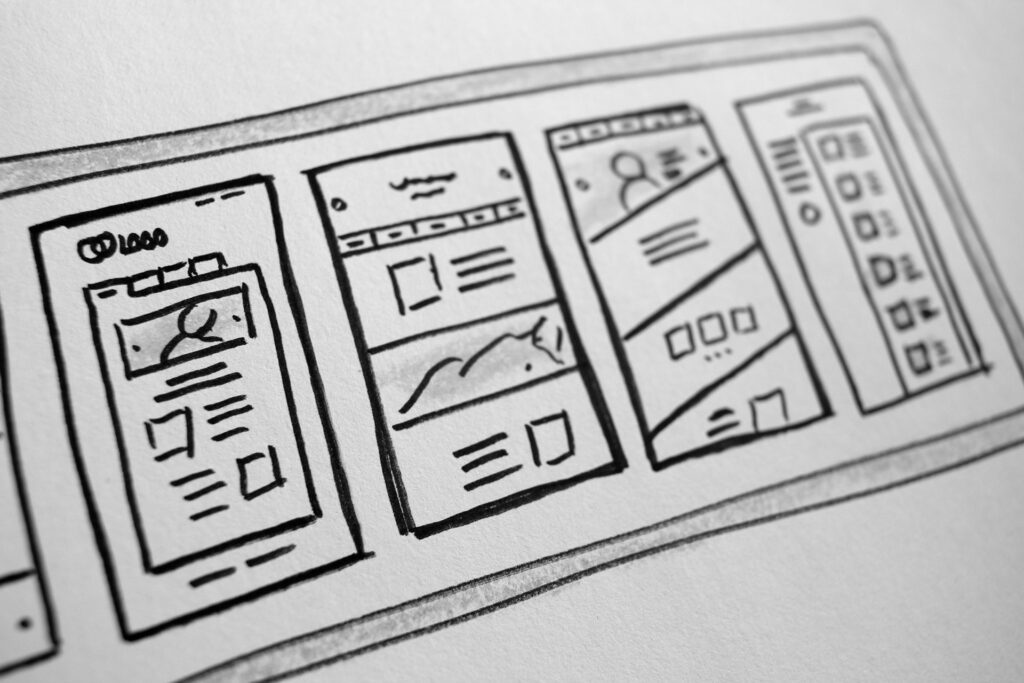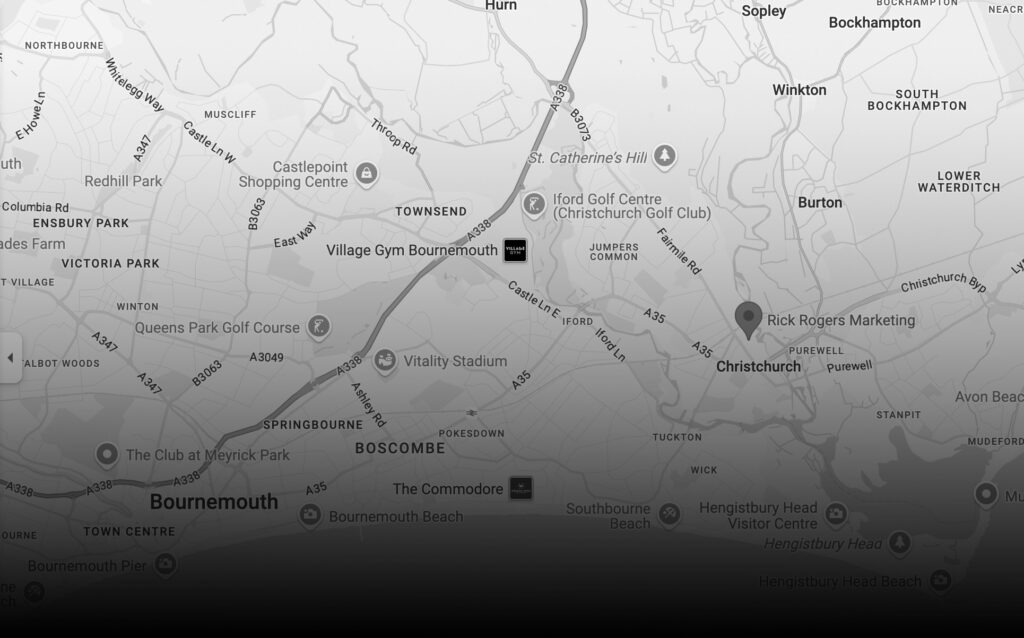Your website is more than a digital business card – it’s your online storefront, customer service desk, marketing assistant and lead generator all rolled into one. And in 2025, expectations are higher than ever.
Whether you run a café in Christchurch, a consultancy in Bournemouth, or a shop in Poole, your website needs to do more than look nice – it needs to work hard for your business. Here are the top 20 web design features every local business website should have in 2025 to attract, convert, and keep local customers.
1. Mobile-first design
Over 60% of website traffic comes from mobile devices. Your website must look great and work flawlessly on phones and tablets — not just desktops.
2. Clear navigation
Simple, logical menus help visitors find what they need quickly. Prioritise clarity over creativity when it comes to your site structure.
3. Local SEO optimisation
Incorporate your town or area (e.g. “Christchurch café” or “Dorset electrician”) into page titles, meta descriptions, and headings to appear in local search results.
4. Click-to-call buttons
On mobile, users should be able to tap a phone icon and call you instantly. It’s a must-have for service-based businesses.
5. Up-to-Date business information
Include your name, address, phone number and business hours — and make sure they match your Google Business Profile.
6. Strong calls-to-action (CTAs)
Guide visitors towards taking action, whether that’s “Book Now,” “Get a Quote,” or “Call Us Today.” Every page should have a clear CTA.
7. Fast loading times
A slow site means lost visitors. Optimise images, choose quality hosting, and use modern caching tools to speed up your site.
8. SSL security (HTTPS)
Secure websites are trusted by users — and Google. Ensure your site is encrypted with an SSL certificate.
9. Google business integration
Embed your Google reviews, map location, or posts on your site to boost credibility and help with local rankings.
10. Professional, optimised images
Use high-quality, compressed images. Bonus points for using real photos of your team, work, or premises.
11. Embedded Google Map
Especially important for bricks-and-mortar businesses — make it easy for people to find you.
12. Testimonials and reviews
Social proof builds trust. Feature real customer quotes or link to review platforms like Trustpilot, Facebook or Google.
13. Clear value proposition
In 5 seconds or less, visitors should know exactly what you do, who it’s for, and why you’re the best option.
14. Dedicated service pages
Each service should have its own page with relevant content. This helps both your SEO and user experience.
15. Blog or News section
Publishing relevant content keeps your site fresh, improves SEO, and builds your authority.
16. Easy-to-use CMS
Use a platform like WordPress or Webflow so you can update your content without relying on a developer.
17. Consistent branding
Fonts, colours, logos and tone of voice should all align with your offline presence and marketing materials.
18. Accessibility features
Make your site usable for everyone: use readable fonts, good contrast, and alt tags for images.
19. Simple contact form
Don’t overwhelm users. A name, email, and message box is enough for most enquiries.
20. Analytics integration
Use tools like Google Analytics or GA4 to track what’s working and where improvements are needed.
Final thoughts
Just having a website isn’t enough – you need a strategic, locally optimised, mobile-friendly site that converts visitors into customers. These 20 features form the foundation of a website that works hard behind the scenes to support your business goals.
If your current website is missing a few of these essentials, don’t panic – most improvements can be made incrementally.
Ready for a website that actually grows your business?
I specialise in web design for Dorset-based small businesses – combining great design with strategy, SEO and local insights.
Let’s talk about how your site can start doing more for your business.












